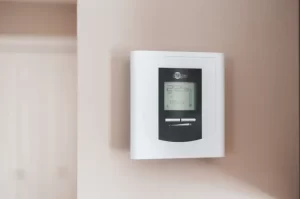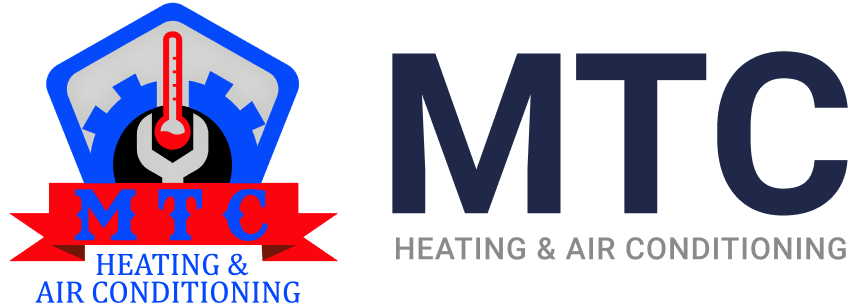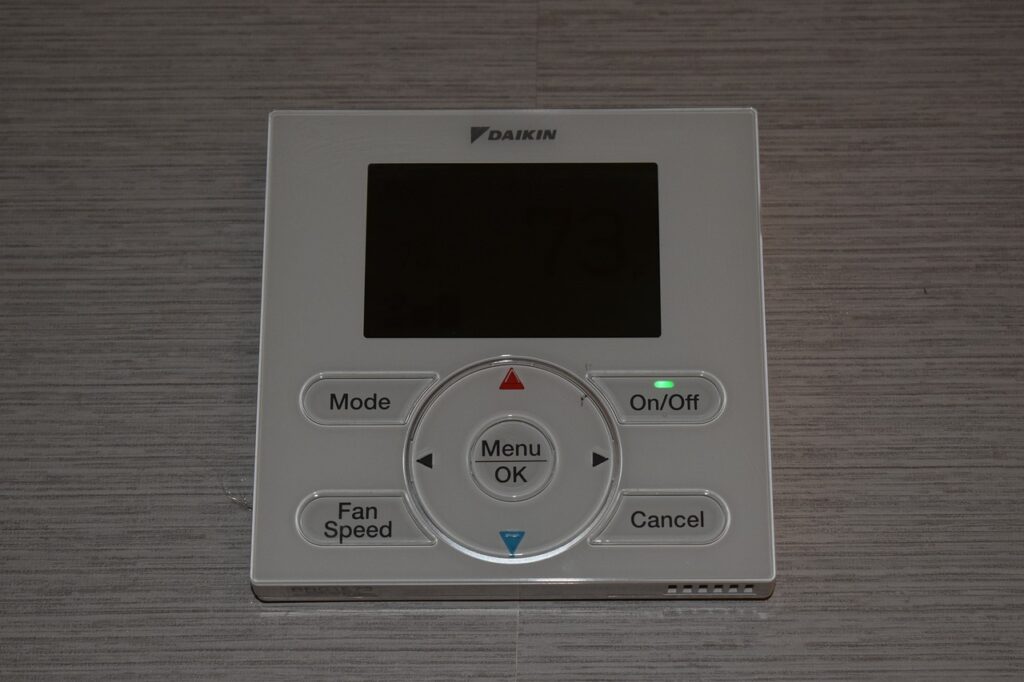In our quest for comfort, we often find ourselves tinkering with the thermostat, trying to create the perfect indoor climate. While it’s entirely understandable that we all want to escape the sweltering heat during scorching summer days, setting your air conditioning too low may have unintended consequences. In this article, we’ll delve into the various aspects of what happens when you set your AC too low, shedding light on the potential pitfalls and offering insights into how to strike the right balance between comfort and energy efficiency.
Understanding the Ideal Temperature Setting
Before we delve into the consequences of setting your air conditioning too low, let’s first establish what the ideal temperature setting should be. Generally, experts recommend keeping your thermostat set at around 78 degrees Fahrenheit (25-26 degrees Celsius) during the summer months. This temperature strikes a balance between comfort and energy efficiency. However, personal preferences and climate variations can influence this ideal setting.
The Downside of Setting Your AC Too Low
Higher Energy Bills: One of the most immediate consequences of setting your AC too low is a spike in your energy bills. Cooling your home excessively requires your AC system to work overtime, consuming more electricity. This not only strains your wallet but also has an adverse environmental impact.
Reduced System Lifespan: Air conditioning systems are not designed to run continuously at their maximum capacity. Setting your AC too low can lead to premature wear and tear, potentially resulting in costly repairs or replacements.
Humidity Issues: Overly cold indoor environments can lead to humidity problems. An excessively low temperature can cause condensation on windows and walls, promoting mold growth and compromising indoor air quality.
Uncomfortable Temperature Fluctuations: Paradoxically, setting your AC too low can make you feel less comfortable. You may find yourself constantly adjusting the thermostat as your body struggles to adapt to the extreme temperature difference between indoors and outdoors.
Environmental Impact: Excessive energy consumption not only impacts your wallet but also contributes to greenhouse gas emissions. By setting your AC too low, you’re indirectly contributing to environmental issues.
Finding the Right Balance
Now that we’ve explored the potential downsides of setting your air conditioning too low, it’s essential to strike a balance between comfort and energy efficiency. Here are some practical tips to help you achieve this equilibrium:

Use a Programmable Thermostat: Investing in a programmable thermostat allows you to set different temperatures for various times of the day. You can program it to lower the temperature when you’re at home and raise it when you’re away or asleep.
Regular Maintenance: Ensure your AC system receives regular maintenance to keep it running efficiently. Clean or replace filters, check for leaks, and ensure all components are in good working order.
Proper Insulation: Properly insulating your home can help maintain a consistent indoor temperature, reducing the need to set your AC too low.
Consider Energy-Efficient Models: When it’s time to replace your AC unit, opt for an energy-efficient model with a high SEER (Seasonal Energy Efficiency Ratio) rating.
Use Fans: Ceiling fans and box fans can help distribute cool air more effectively, allowing you to set your thermostat a bit higher without sacrificing comfort.
The Role of Air Quality
Apart from the temperature setting, air quality also plays a significant role in your comfort and well-being. Poor air quality can have adverse effects on your health, so it’s crucial to consider this aspect when using your air conditioning system.
Air Filters: Regularly changing your air filters not only improves air quality but also helps your AC system operate efficiently. Clogged filters can impede airflow and reduce cooling capacity.
Air Purifiers: Consider installing an air purifier in your home. These devices can remove pollutants, allergens, and contaminants from the air, ensuring that the air you breathe is clean and healthy.
Ventilation: Proper ventilation is essential to prevent indoor air from becoming stagnant. Ensure that your home has adequate ventilation to maintain air quality.
The Psychological Impact of Temperature
While we’ve discussed the physical and environmental effects of setting your air conditioning too low, it’s essential to acknowledge the psychological impact as well. The temperature in your home can significantly influence your mood and productivity.
Productivity: Extremely cold indoor environments can lead to discomfort and decreased productivity. People tend to work best in a comfortable temperature range, and setting your AC too low may hinder your ability to focus and perform tasks efficiently.
Mood and Sleep: Temperature can also affect your mood and sleep patterns. Overly cold rooms can lead to restlessness and even sleep disturbances. Maintaining a moderate temperature can promote better sleep quality and a more positive mood.
Efficient Use of Zoning Systems
For larger homes or homes with multiple stories, zoning systems can be an effective solution to optimize comfort while minimizing energy consumption. Zoning systems allow you to control the temperature independently in different areas of your home. This way, you can keep the living room cooler while setting the bedroom temperature slightly higher for a comfortable night’s sleep.
Additional Considerations for Energy-Efficient Homes
To further enhance the content and provide valuable information to readers, we’ll explore additional considerations for making your home more energy-efficient. These tips will help you save money, reduce your environmental footprint, and enjoy a comfortable living space.
Solar Panels: Consider installing solar panels on your roof to generate renewable energy. Solar power can offset your electricity consumption, including the energy used for air conditioning.
Smart Thermostats: Invest in a smart thermostat that can learn your preferences and adjust the temperature accordingly. These devices can optimize your cooling system’s efficiency, saving both energy and money.
Shade and Insulation: Use shades, blinds, or curtains to block out direct sunlight during the hottest parts of the day. Proper insulation in your attic and walls can also help maintain a more stable indoor temperature.
Sealing Leaks: Check for drafts and air leaks in your home, particularly around windows and doors. Proper sealing can prevent cool air from escaping and warm air from entering, reducing the load on your AC.
Energy Audit: Consider hiring a professional for an energy audit of your home. They can identify areas where energy is being wasted and recommend solutions for improvement.
By incorporating these additional considerations into your energy-efficient home strategy, you’ll not only extend the lifespan of your HVAC systems, but also optimize your indoor climate and reducing energy consumption.
Contact MTC Heating & Air Conditioning for Solutions
To ensure that your air conditioning system runs smoothly and efficiently, consider reaching out to our team. We can provide valuable services such as:
Regular Maintenance: We can perform regular maintenance on your system, including cleaning, lubricating moving parts, and checking for any issues. This proactive approach can extend the life of your AC unit and keep it operating efficiently.
Repairs and Upgrades: If your system is not performing optimally, our HVAC technicians can diagnose and repair any problems. They can also recommend upgrades or replacements if your current system is outdated or inefficient.
Duct Cleaning: Over time, dust and debris can accumulate in your ductwork, hindering airflow and reducing efficiency. We offer duct cleaning services to improve air quality and system performance.
Energy Audits: We also offer energy audit services to assess your home’s energy usage and identify areas for improvement. This can help you make informed decisions about optimizing your cooling system.
Conclusion
In conclusion, setting your air conditioning too low may provide temporary relief from the heat but can have long-term consequences for your wallet, the environment, and your comfort. Striking the right balance between cooling and energy efficiency is key.
By following the tips mentioned above and being mindful of your thermostat settings, you can create a comfortable indoor environment without the adverse effects of excessive cooling.
Remember, your home should be a sanctuary of comfort and well-being, and responsible AC usage can help you achieve that without breaking the bank or harming the planet.




